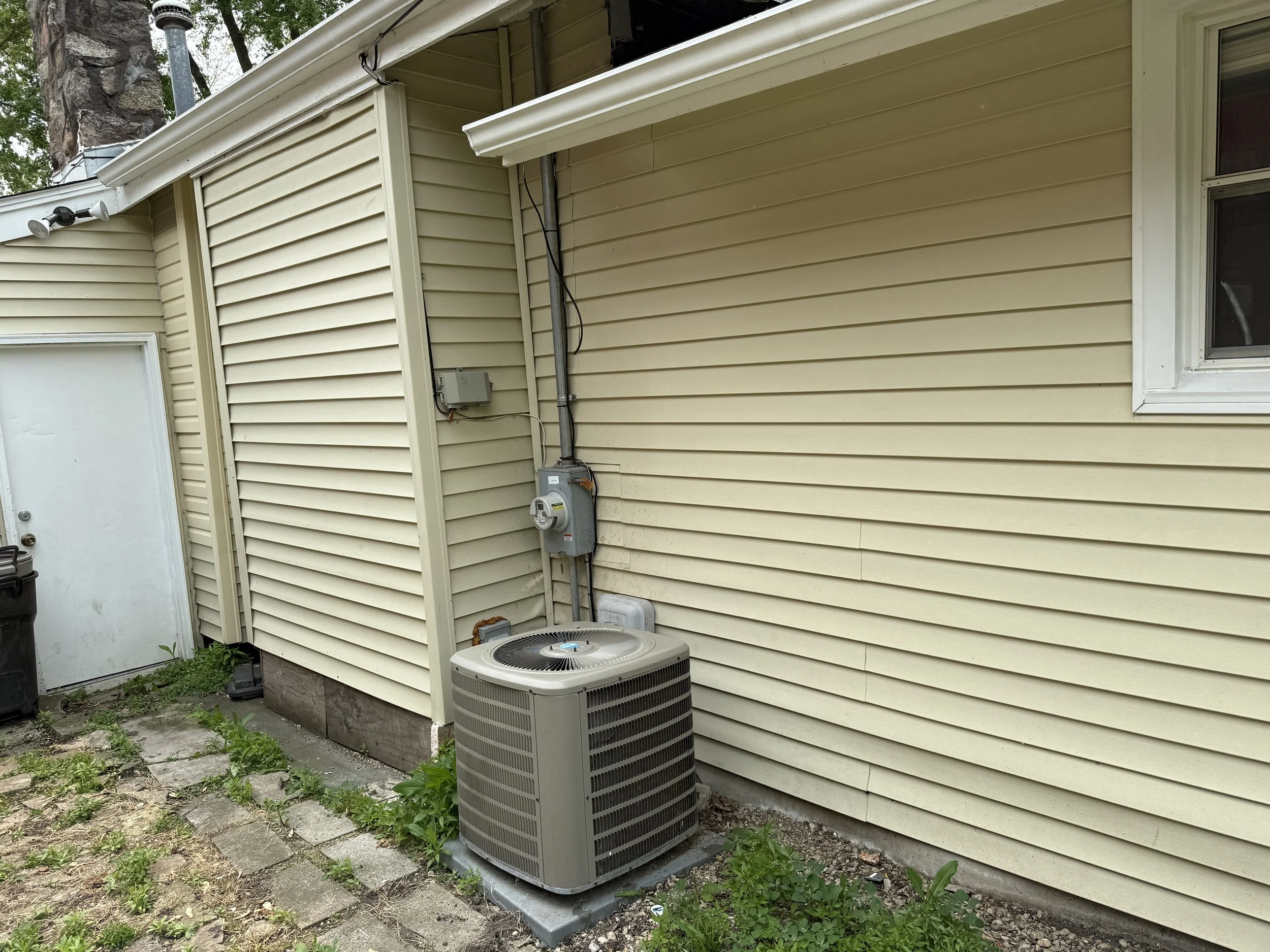
Frequently Asked Questions
1. What are home inspections and why are they important?
Home inspections are a thorough and certified examination of a home’s condition, typically conducted before a sale is finalized. They help identify potential issues that could affect the buyer’s investment. These inspections cover everything from the foundation to the roof, ensuring that any health hazards or maintenance problems are addressed upfront. By getting a home inspection, home buyers can have peace of mind knowing their future home is safe and sound. It’s a crucial step in protecting your investment and ensuring the safety of the inhabitants.
2. How do radon tests contribute to home safety?
Radon tests measure the levels of radon gas in a home, which is a critical aspect of home safety. Radon is a naturally occurring radioactive gas that can cause serious health issues, including lung cancer. Since radon is colorless and odorless, testing is the only way to know if a home has high levels of radon. Conducting a radon test as part of your property inspection ensures that your new home is not only a sound investment but also safe for your family’s health.
3. Why are mold assessments essential for home inspections?
Mold assessments are an essential part of home inspections because mold can pose significant health hazards. Mold thrives in damp environments and can lead to respiratory issues, allergies, and other health problems. During a mold assessment, inspectors will check for visible signs of mold and test air quality to detect mold spores. Identifying and addressing mold issues early on can prevent costly repairs and protect your family’s health.
4. What are some key home buying tips related to home inspections?
One of the best home buying tips is to never skip a property inspection. Always hire a qualified inspector to evaluate the property before closing the deal. Make sure to attend the inspection if possible, so you can ask questions and learn more about the property’s condition. Pay attention to the inspector’s findings on critical areas like the roof, foundation, plumbing, and electrical systems. Understanding these details can help you make informed decisions and negotiate repairs or price adjustments if needed.
5. How can comprehensive inspection services protect my investment?
Comprehensive inspection services protect your investment by thoroughly evaluating a property’s condition. They identify potential problems that could require expensive repairs in the future, allowing you to address them before purchasing. These services provide a detailed report of the home’s systems and structures, giving you a clear picture of what you’re buying. By understanding the home’s condition, you can make confident decisions and avoid costly surprises after moving in.
6. What should I expect during a property inspection?
During a home inspection, a certified inspector will evaluate various aspects of the home, including the roof, foundation, plumbing, electrical systems, heating and cooling systems, and more. The inspection usually takes a few hours, depending on the size and condition of the property. After the inspection, you’ll receive a detailed report outlining any issues found and recommendations for repairs. It’s important to review this report carefully and discuss any concerns with your real estate agent or the seller.
7. Can I conduct my own home inspection?
While you can certainly do a preliminary walkthrough, it’s highly recommended to hire a professional inspector for a thorough home inspection. Inspectors have the experience and tools to identify issues that you might overlook. They provide an unbiased assessment of the property’s condition, which is crucial for making informed decisions. Remember, a professional inspection is a small investment compared to the potential cost of repairs that might go unnoticed without expert eyes.
8. What areas do you serve?
We serve Central Illinois. Below is a list of zip codes that encompass the typical service area. Please feel free to schedule with our online inspection scheduler if you are unsure.
61548, 61550, 61525, 61523, 61601, 61602, 61603, 61604, 61605, 61606, 61607, 61610, 61611, 61612, 61613, 61614, 61615, 61616, 61625, 61629, 61630, 61633, 61634, 61636, 61637, 61638, 61639, 61641, 61643, 61650, 61651, 61652, 61653, 61654, 61655, 61656, 61101, 61102, 61103, 61104, 61105, 61106, 61107, 61108, 61109, 61110, 61112, 61114, 61125, 61126
9. What is the typical price of a home inspection?
There are many different factors that influence the pricing of a home inspection. These include the overall square footage of the property, the number of bedrooms and bathrooms, as well as any additional services you may want to include, such as mold consultation or radon testing. Each of these elements can affect the time and resources required to complete a thorough and accurate inspection.
